Photo above by clarkmaxwell with Flickr Creative Commons License
By Barry Rascovar
For MarylandReporter.com
Marylanders are being sold a bill of goods under the guise of fiscal accountability.
That’s why on Election Day voters ought to think twice before approving a constitutional amendment giving transportation programs priority over social programs when the economy turns sour.
Conservatives — especially those who are staunch advocates of road-building — want to embed in the Maryland Constitution a high wall preventing the governor from dipping into the transportation trust fund when the next recession creates a budget crisis.
If this amendment passes, it would be extraordinarily difficult for a governor to draw on transportation dollars to avert recession cuts in education, health care and social services. State workers’ jobs, pay and pensions would be under the gun.
Once the so-called “lockbox” for transportation is approved, environmentalists will demand the same iron-clad protection for an array of “green” funds.
We’re getting our priorities confused.
Is the No. 1 goal of state government protecting highway funds, even in the midst of a damaging recession?
Is that our top priority when state tax revenues dry up and the governor desperately seeks ways to avoid layoffs and deep budget cuts to schools, colleges and public assistance?
During the Great Recession, Gov. Martin O’Malley repeatedly took money from the Maryland Department of Transportation to keep important social programs afloat without imposing cuts that would hurt the poor and low-middle class.
Conservatives view this as theft. They want to stop governors from draining the transportation fund when recessions cause deep budget holes.
O’Malley’s mistake
Part of the problem is that O’Malley went overboard in shifting hundreds of millions from transportation to support other budget priorities.
He didn’t want to repay MDOT and he continually returned to this large source of funds to pay for non-transportation expenses.
As a result, O’Malley ended up short-changing MDOT by refusing until late in his second term to address MDOT’s unmet financing needs.
Yet the extent of this problem has been greatly magnified by road-building advocates.
30-year trend
Over the past 30 years, a total of $574 million has been shifted from the transportation trust fund by governors during hard times to cover more important necessities. Over $325 million of that has been re-paid, with another payment due next year.
The problem with the lockbox amendment is that it ties the hands of future governors at the precise moment when financial flexibility is essential.
Putting together a $40 billion budget is like solving a massive three-dimensional puzzle. There are thousands of moving parts.
Protecting government’s core services requires enormous fiscal dexterity in bad times.
The more pliability a governor has, the easier it is to develop a recession-era budget that meets essential needs without creating hardships.
Recession options
Sometimes that might mean borrowing from MDOT or from environmental programs set up to purchase green space or preserve farmland.
Or it might mean issuing general obligation bonds to free up cash sitting in a transportation or natural resources account.
The lockbox amendment would dramatically limit a governor’s ability to meet future budget crises without imposing hurtful budget cuts.
It goes like this: If the governor cannot transfer $200 million from transportation accounts in the next deep recession to balance his budget, he’s got to take unpalatable steps — cutting aid to community colleges and private universities, local health and school aid, Medicaid, pension programs and environmental funds.
Or he’s got to chop tens of millions of dollars from every state agency and dozens of local programs. Or he’s got to reduce support for state universities, which likely means a big jump in tuition. Or he’s got to fire a couple thousand state workers and eliminate services.
Strait jacket for governor
If the lockbox amendment is approved by voters, the governor’s options would be dramatically reduced.
Getting legislative approval to tap into the transportation fund (it would require a “super-majority” vote) could prove nearly impossible in the decades ahead.
The governor might be forced to eliminate parts of Maryland’s social safety net, or make heartbreaking cuts to education and health care that damage people’s lives.
Segregating tax revenue in separate accounts that are virtually untouchable for other uses during economic downturns is unsound public policy.
It’s also poor public policy to plant this ticking time bomb in the state constitution where it cannot be easily or rapidly removed.
Negative consequences
At this late date, though, the lockbox amendment has momentum.
The idea sounds sensible — until you begin examining the consequences during hard times.
Chief executives in the public sector — and in the private sector — need a full financial toolbox when revenues plunge and the bills come due.
Creating a transportation lockbox robs Maryland’s governor of a vital tool.
Barry Rascovar’s blog is www.politicalmaryland.com. He can be contacted at brascovar@hotmail.com.

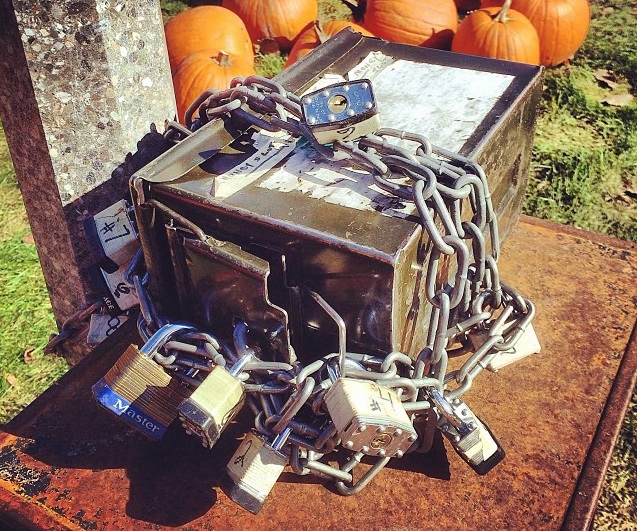
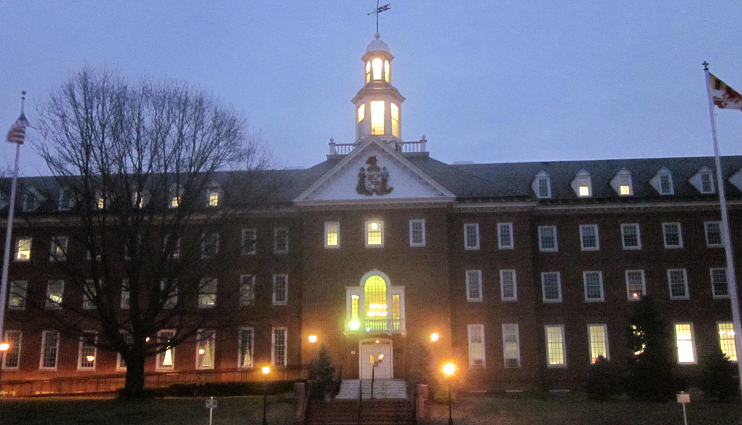
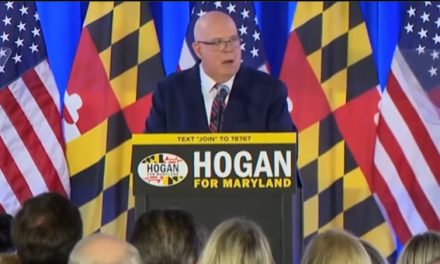
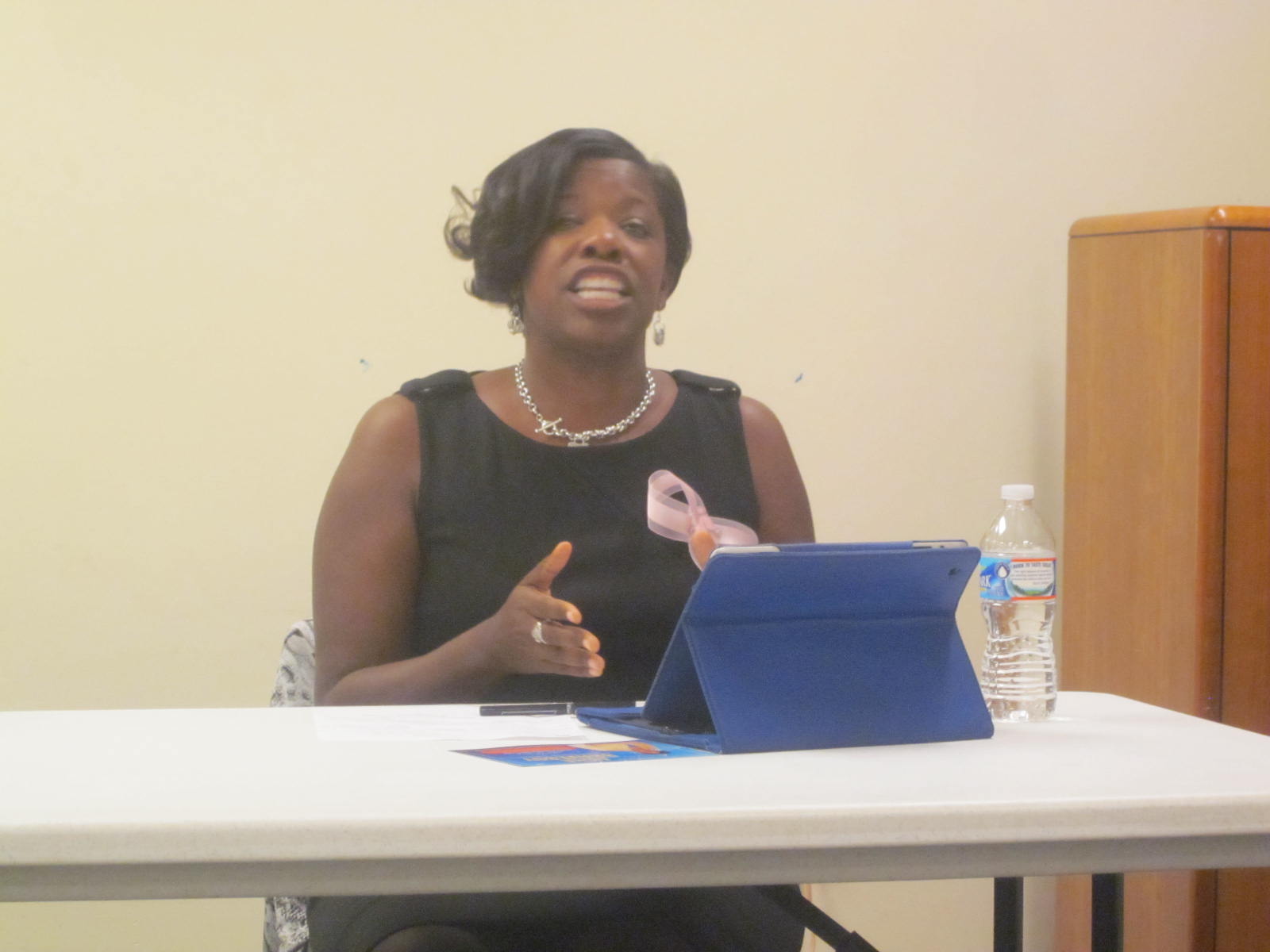
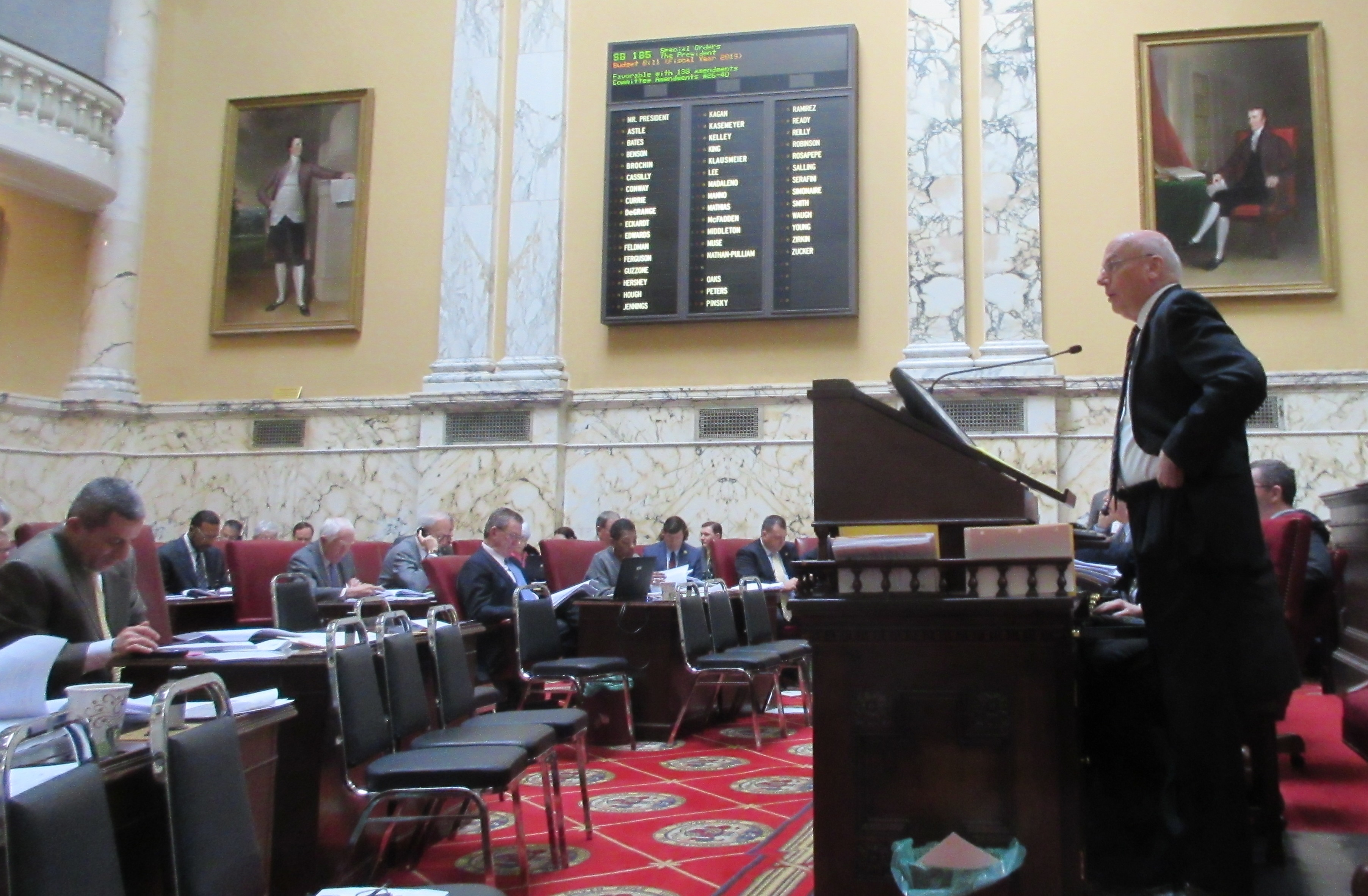

A few points a reader just blowing through this story might miss.
First, notice how Roscovar tells the reader that $575M has been borrowed over the past 30 years, and that there’s a currently outstanding balance of $325M. He did it in this way to lead readers to believe that all governors did the same thing O’Malley did. Not so. What Roscovar fails to tell you are two important facts: (1) the earlier governors and legislatures almost always repaid the borrowed funds by the next year; and (2), the entire $375M outstanding was borrowed by O’Malley––not a bunch of other governors–– and never repaid. In fact, that is what prompted the passage of the Constitutional Amendment which had to have been supported by a majority of Democrats in the legislature to have passed! And BTW, the governor could not have vetoed it because it is a Constitutional Amendment which he can’t veto.
Second, this great fear Roscovar has about the environmental wackos wanting to do the same thing is utter nonsense for many reasons––the biggest being that they don’t have a trust fund like the Transportation Trust Fund. Their monies are all general funds. And with liberal reporters like Roscovar around, you can be certain that very few legislators will have the courage to cut out a dime of their money––like the “rain tax” money. But it should be interesting to see if Hogan has the courage to take a whack at that law or not. Unfortunately, I have a sense that he’s as much bluster as his earlier GOP predecessor in that office.
But finally, what is typical of liberal reporters (and politicians) is that cutting any social program is absolutely anathema. Take one dime out of any program and the Roscovar’s of the world will accuse you of starving the sick children of their very basic needs––regardless of whatever program it may be. What Roscovar tells us is that O’Malley (or the next liberal governor) will have no choice in a downturn but to cut items that will surely cause major problems. Essentially he’s saying that the only choice that the governor will now have is to quit picking up the garbage, shut down half of the fire departments, seriously cut back on police protection, and close down most of the hospitals.Really Barry? The programs being protected are the pet programs that legislators introduced to bring smiles to their favorite constituents.
Whether Hogan does what he should do as the next governor remains to be seen. I tend to doubt that he’ll be much different than Robert Ehrlich, who was more interested in getting re-elected than to do the right thing in spite of the negative consequences that would result form the press. As a result, he ended up being not that much different than any other Democratic governor and was thereby unelected. I hope I’m wrong about Hogan, but only time will tell.
The problem is that “hard times” occur almost every year (well except election year strangely enough). Has everybody forgotten the “doomsday budget” they fabricated as an excuse to raise the income tax?
Motorists gain nothing by not voting for this, it would be like putting out a big neon sign saying “please tax motorists to pay off other more organized special interests”. Sorry but anything that raises the bar for Annapolis politicians to do whatever they want is a good thing.
Mr. Rascovar forgets to mention that there is an “In case of emergency” key to open this lock box in such tough times. The funds can temporarily used for other critical uses when the Governor declares an emergency and a super majority of the General Assembly support transfering the funds. This is high hurtle provides transparency and flexibility at the times Maryland really needs it. This is a smart box not just a lock box.
Rascover hit all the arguments supporting his view, although I would add that Transportation money is borrowed without typical arms-length terms such as interest accruals and legal fees. This saves taxpayer money.
But the manipulation and self-dealing created when the state borrows from itself leads to a different cost. Why? Because self dealing makes it easier not to look hard for reasonable cost cutting opportunities. This is why I part company with Mr. R’s position.
Despite Mr. Rascovar’s position, a “lockbox” for transportation is a good idea. Our roads and transit are in bad shape – both of which are used by all Marylanders. Gov O’Malley’s raiding of this fund could have been avoided if he had made thoughtful budget decisions – any budget analyst (not politician) could tell him how. Raiding a fund just because it is there for the asking lets politicians off the hook. Nothing appears to have been off limits for the governor – witness his borrowing from the State employees pension fund. We need a lockbox. Perhaps the pension fund needs one too.